Dominant theories of international political economy leave little room for the influence of individuals. They also never anticipated that the United States might seek to completely upend the global economic order.
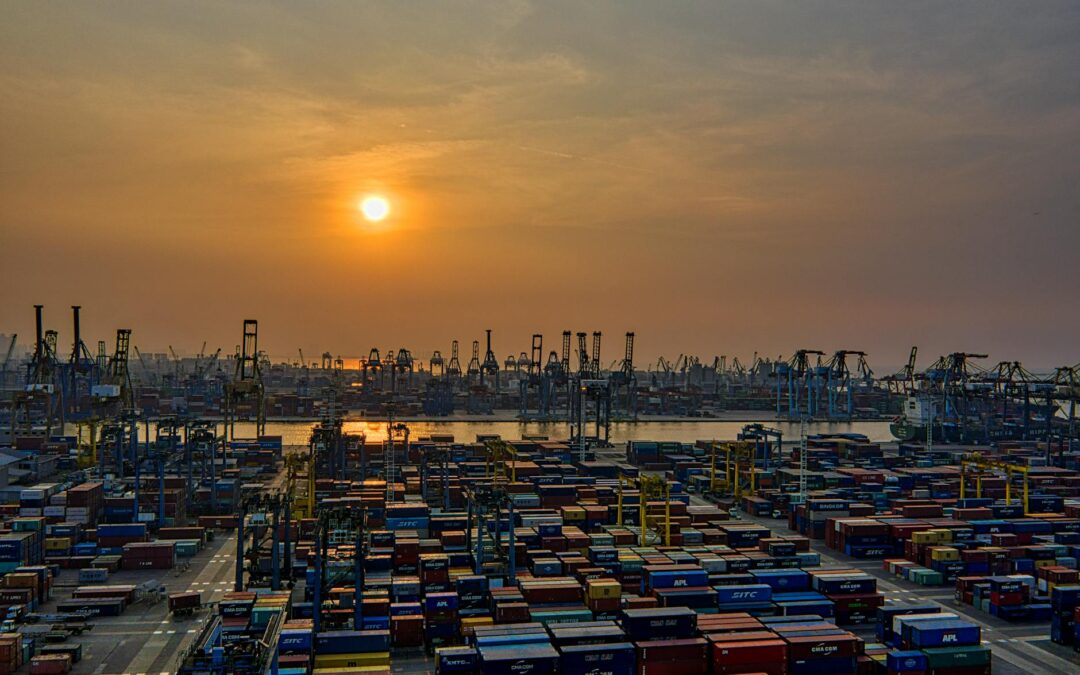

Dominant theories of international political economy leave little room for the influence of individuals. They also never anticipated that the United States might seek to completely upend the global economic order.

Who, if anyone, rules the world? Answering a question like that requires grappling with both the character of international order and the global distribution of power—facets of political life that...
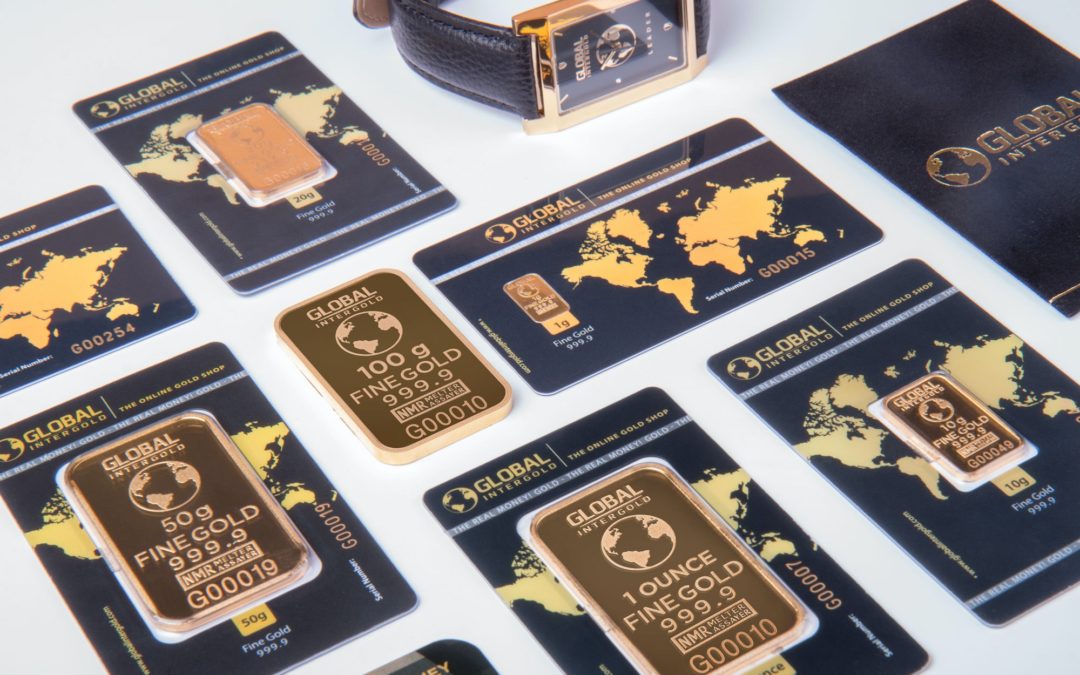
Dozens of regimes around the world are anti-liberal—autocratic to varying degrees—but also big fans of a "rules-based" international order, which for the past 50 years or so has been...

This piece is the third of a three-part series grappling with the role of political economy in making a just, sustainable international order. Neoliberalism — the ideology of the primacy of capital...

This piece is the second in a three-part series grappling with the role of political economy in making a just, sustainable international order. Writing about America’s economic strategy deficit got me pondering why the United States had such a stunted economic imagination. How could the government that many consider to be the global economic hegemon be inept at economic statecraft? For one thing, I think the popular impression of America as the world’s economic hegemon is overstated. Yes, the United States has many economic advantages. Its domestic market is still the destination of choice...

This piece is the first of a three-part series grappling with the role of political economy in making a just, sustainable international order. hat’s America’s story for how economic policy relates to international security? I think for a long time the story was some version of the “big, dumb, beautiful dream of McDonald’s peace theory.” These days, I don’t think there is one. And while that’s not President Biden’s fault, it is his inheritance, and it hinders the task of formulating an economic strategy. The two biggest thematic criticisms lodged against Biden’s...
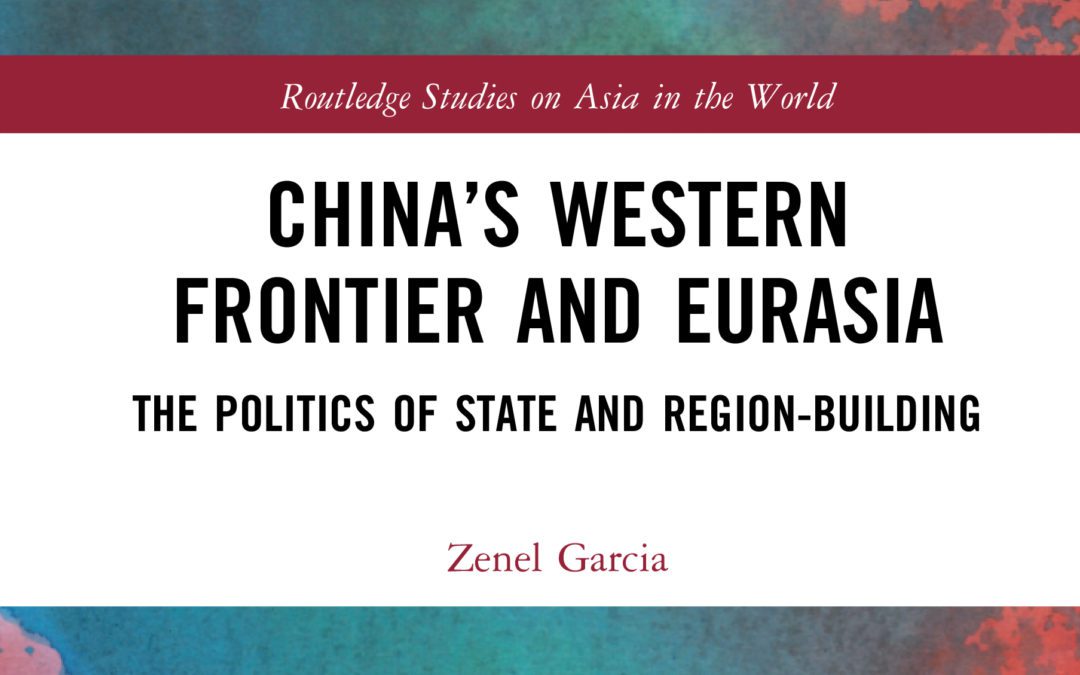
The Belt and Road Initiative (BRI) originated in provincial-level efforts that sought to simultaneously integrate interior and frontier provinces to the rest of China as well as neighboring countries during the 1990s.

The Biden administration just issued the government’s first ever anti-corruption strategy. The upshot: It’s needed. It’s analytically informed. It raises the prioritization of fighting kleptocracy. The downside: It’s not all that realistic. It defines corruption so widely that it makes prioritization fanciful. And it defers most of the real work to some to-be-determined imaginary future on the other side of Republican authoritarianism. Eons ago, during the 2020 presidential campaign cycle, anti-corruption was a major theme in the progressive foreign...
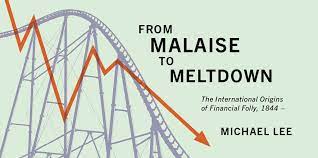
Financial hegemony brings with it substantial benefits, most notably reserve currency status. In order to successfully compete, rising powers need to lure financial institutions away from incumbent powers. They often try to make themselves more attractive to international finance by removing longstanding financial regulations.
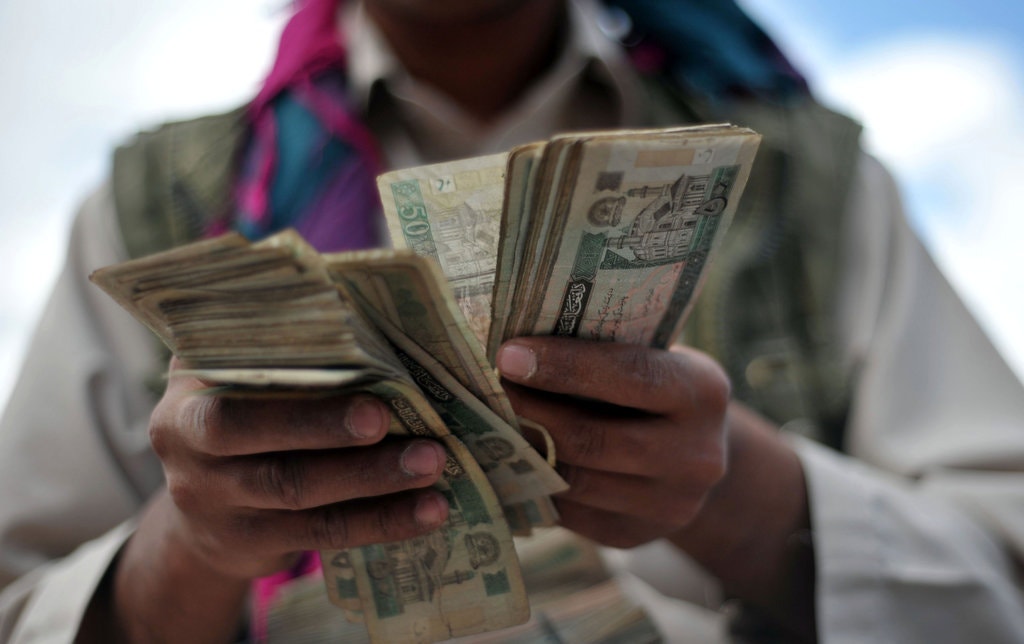
Corruption is an issue largely off the radar screens of many IR scholars. How can they better theorize corruption’s pervasiveness in international politics, while avoiding the biases of past approaches?

Divorces don’t usually send shockwaves through the global policy field. They almost never create uncertainty about the health of hundreds of millions of people. The split between Bill and Melinda Gates is doing both. It affects the Bill and Melinda Gates Foundation, which has an endowment worth almost $52 billion. In 2019, the foundation disbursed roughly $6 billion in aid and grants. About thereof of was spent on health in “developing” countries. No wonder stakeholders in global health governance are worried. We’re not just talking about small nongovernmental organizations (NGOs)...
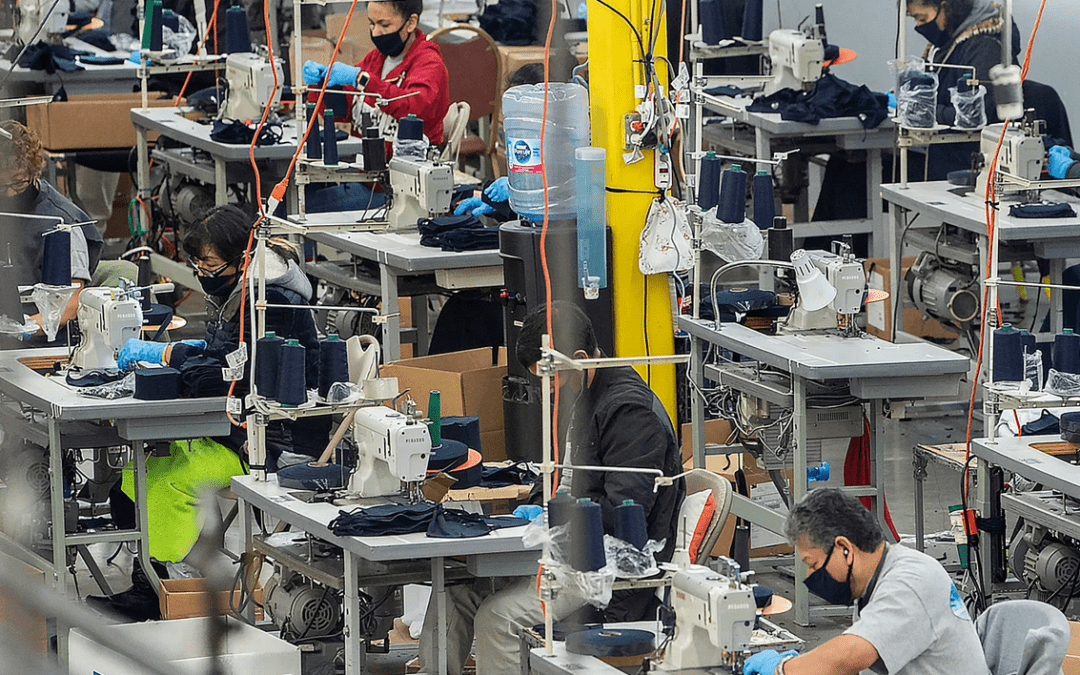
California is home to the US’ largest garment industry, where many migrant women toil for far less than minimum wage. I examine recent legislation to improve conditions, as well as how the LA garment industry is shaped by global forces that create gendered and racialized patterns of vulnerability among workers.